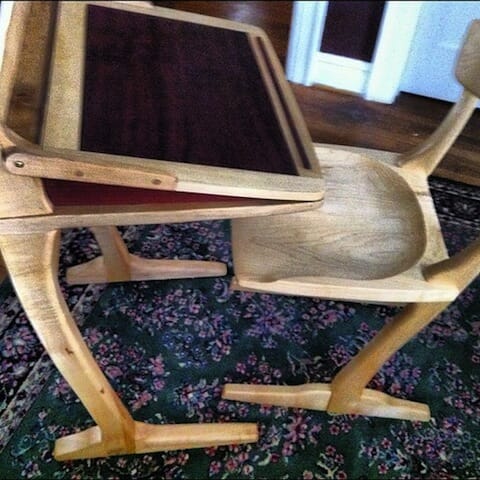This is certainly not the first time I’ve written about using stories in business and it certainly won’t be the last.

I’ve been spreading the message of employing personal stories in marketing and selling for over fifteen years now and it’s incredibly encouraging to see how this concept routinely accepted these days. It wasn’t always the case.
I remember participants in speaking events actually recoiling at the notion that I suggest they share something personal in their marketing materials. There was a time when people didn’t share with the world what they just had for lunch – I know, hard to believe, but true.
Now, some may suggest that social media sharing has opened the world up to a new level of personal storytelling and some might suggest that perhaps we are sharing “too much information”, but either way, the power of a relevant story to help educate, connect and yes, sell, is undeniable.
I want to share a recent story about how a story moved me to act.
My wife and I were attending a local art fair in our neighborhood. I first must share that I have a fondness for woodworking and am often drawn to booths of the makers of wooden furniture, bowls, train sets, etc.
On this incredibly splendid first day of Fall I found myself in the booth of a Wisconsin woodworker named Dan Dunbar. I was admiring a simple writing desk and chair for both its beauty and incredible functionality.
As a writer I’ve found that I have to be sitting in precisely the right spot to get much done. I can’t lounge around on the couch or sit at the kitchen table, I have to be very intentional about where I write in order to be productive.
I admired this writing desk for its decidedly analog feel. I also picked up the style and engineering of the well known Japanese-American woodworker George Nakashima. Years ago I purchased his book, The Soul of a Tree, and have admired his signature look ever since.
As I studied the desk, the artist approached me and started to tell me a little about the joinery, design approach and types of woods he used (Sugar Maple and Paduak.)
But, it was what he shared next that made me need this desk.
He told me about this maple tree he had admired on many walks in a nearby wood and how he noticed a few years back that it had developed a disease and was rotting. He saw the rot was worsening so he felled the tree before it rotted completely out.
When he cut clean across he learned by the tight rings that the tree had struggled its entire life for light, growing slowly, but for 360 years the tree had grown thick and with intention.
He had cut this desk and chair from the tree and allowed the material to guide him in finding both its form and its function. He showed me how the piece held itself together and how each separate components cooperated in making a useful object that could be art.
By the time he finished telling his story I felt as though I knew this desk, that I had met the original tree on one of my many treks in the woods and that I connected with the intention and purpose of the artist so thoroughly that I had to acquire this piece. Price, while always a factor, was no longer a constraint. Don’s story sold me a piece of art.
One of the most important elements of this telling is to also understand the role of the story I (the prospect) was telling myself. Dan did not know I was a writer, he did not know I admired Nakashima, he did not know that I enjoy spending time in nature, but he told me a story about himself and his craft and allowed my inner story to do the rest.
So, what’s your story? How can you use stories to bring seemingly inanimate objects to life? How can you use your story to help others build stories? How can your stories help clients connect?

